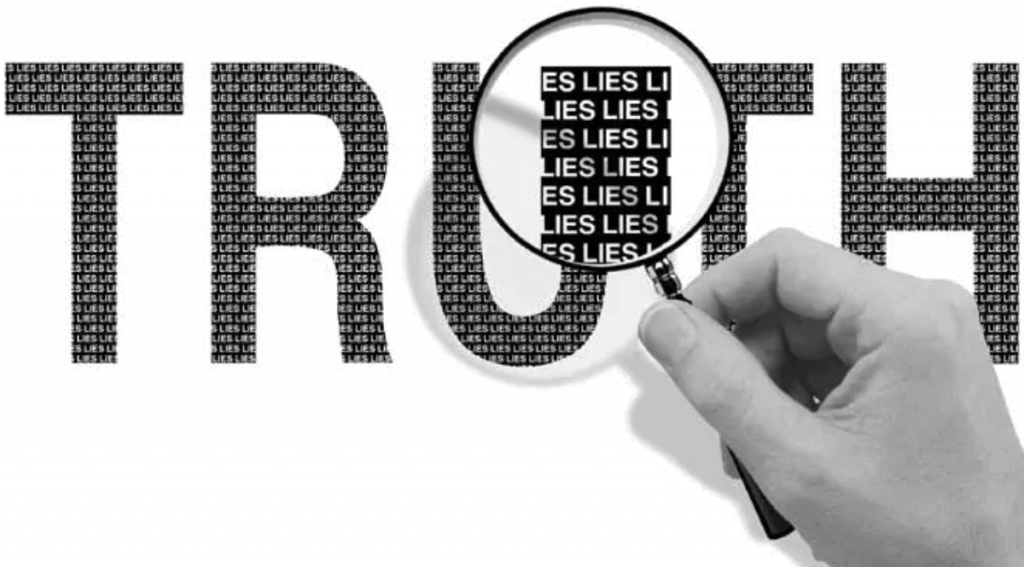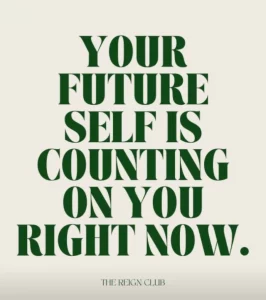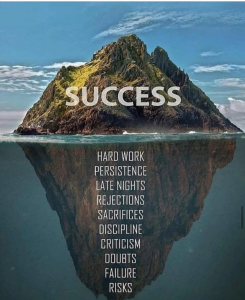Dave Hollis’ book “Get out of your own way” is targeted towards individuals seeking a more meaningful life, who may have lost sight of their purpose but desire to realize their full potential for the sake of their loved ones. Our ability to believe and act on our desires lies within our control and is dependent on the choices we make. Hollis highlights several lies that we must discontinue believing, including:
My work is who I am: Limiting ourselves and defining our identity solely based on our job title is a lie that hinders our potential. The world offers unlimited possibilities, and we shouldn’t be afraid to take on new challenges or step out of our comfort zones. Our worth is not determined by what we do, and we should not let the fear of not being good enough hold us back. People who only value us based on our job title are only meant to be around for a short time. Instead, focus on the impact you make, which is not tied to your job title or business card.
The things that have worked are the things that will work: To move forward, we must be willing to unlearn past experiences that may no longer be relevant. Just because something worked in the past doesn’t mean it will work in the future. Stay open-minded and try new behaviours, ideas, and approaches. We must be agile and adaptable, as time brings changes to the way we work, our beliefs, and the people around us.
I have to have it all together: It’s okay to ask for help and not pretend to have everything under control. Don’t isolate yourself by trying to appear perfect. Everyone struggles, and it’s stressful to act like everything is perfect. When we open up and own our imperfections, we can build authentic and meaningful relationships.
A drink will make this better: It’s a well-known fact that personal growth occurs outside of our comfort zone, and venturing into uncharted territory can be challenging. To lead a fulfilling life, one must seek out situations that make them uncomfortable because comfort hinders progress. If you’re unwilling to take risks and step outside your comfort zone, you’ll likely settle for an unremarkable existence. Coping strategies such as drinking, overeating, drug use, sleep, passive aggression, or withdrawal are ineffective during difficult times because they merely mask or mute the discomfort without promoting growth. Opt for discomfort instead of unhealthy coping mechanisms to overcome self-imposed obstacles and move forward.
I did something wrong, so I am something wrong: Guilt is “I did something wrong” and shame is “I am something bad”. Do not turn your guilt into shame. It’s important not to transform your guilt into shame. Making mistakes is a natural aspect of being human, and committing an error does not imply that you are inherently flawed. It’s essential to modify your mindset regarding past mistakes as soon as possible, so you can apply the lessons learned to achieve your objectives. Decide to learn from your past choices and avoid allowing them to hold you captive. Absorb the lesson and continue moving forward toward your goals.
“We are the result of the life we’ve lived, but we only become prisoners of our mistakes if we allow it. You get to write the story of how your flaws have made you stronger today. You get to decide how you’ll use the narrative of what’s happened to you to create what happens to you next. “
Dave Hollis
See part 2 here.











